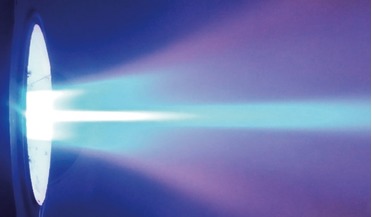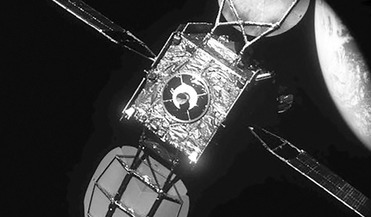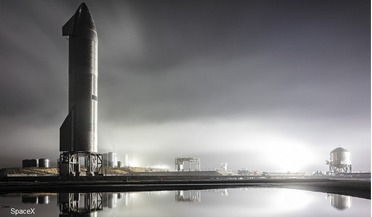 July 2020
Pandemic in space – are we ready?
July 2020
Pandemic in space – are we ready?
... the situation unfolding on the planet as “quite surreal”. Indeed the world had changed significantly during her relatively short orbital mission. The coronavirus has raised serious questions about the ability of the world to detect...
 August 2020
Battle for the night sky - from telescopes to ad-breaks
August 2020
Battle for the night sky - from telescopes to ad-breaks
...-first century have seen space applications increase at a bewildering pace and, due to the decreasing price and relative ease of access, the vast majority of this has focused on utilising low Earth orbit (LEO). However, the...
 October 2020
Superconductors - key to unlocking high power space missions
October 2020
Superconductors - key to unlocking high power space missions
... long been regarded as a potential solution to these problems but their need for low temperatures and their relative technological immaturity have prevented their adoption in space. Now, however, high-temperature superconductors (HTS) offer a new...
 April 2021
Satellite servicing comes of age
April 2021
Satellite servicing comes of age
...: visible, infrared, and laser radar (LIDAR). Meanwhile, the servicer’s flight computer builds a model of the relative positions in space, constantly updating it as the servicer creeps ever closer. Satellite servicing is an economic venture because...
 April 2021
Space industry trends in the pandemic
April 2021
Space industry trends in the pandemic
... a devastating effect on industry and commerce worldwide but some sectors, such as the space industry, have been relatively resilient despite the disruptions and economic headwinds. Rather than retrenching, the space industry as a whole has...
 February 2022
A manifesto for Europe in space
February 2022
A manifesto for Europe in space
... of water. It drove Europeans to discover the antibiotic penicillin and save millions of lives; to discover the theory of general relativity; to send the first space probe to perform a detailed study of a comet, dispatch a lander to its surface and...